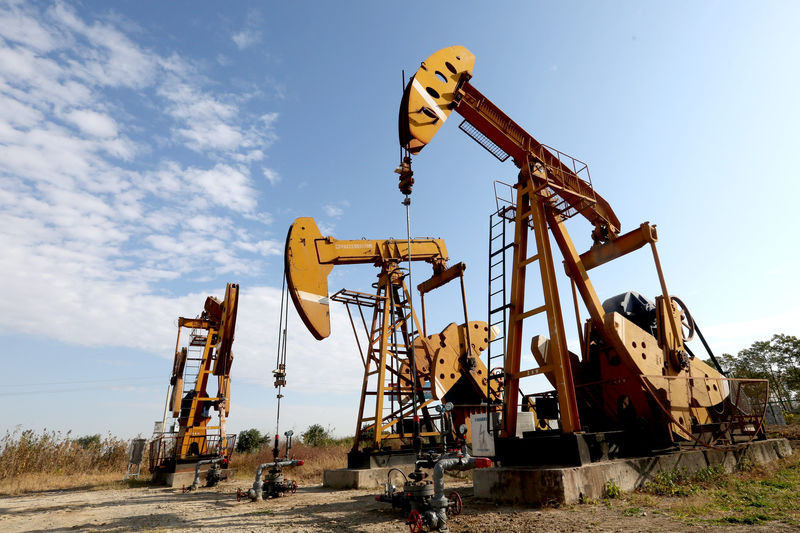Oil prices rise due to easing restrictions in China
2022.11.29 09:52
[ad_1]

Oil prices rise due to easing restrictions in China
Budrigannews.com – On the hope that civil unrest in China will result in the loosening of the country’s stringent mobility restrictions, which could potentially boost economic activity at the world’s largest crude importer, oil prices rose on Tuesday, rebounding from their year-lows.
Futures were trading 1.5% higher at $78.43 a barrel at 09:10 ET (14:10 GMT), while the contract was up 1.9% to $85.45.
On Monday, China reported its first decrease in daily infections in more than a week.In addition, the National Health Commission of the nation stated that it would accelerate the vaccination of people over the age of 80, a vulnerable age group in which over one third are still unprotected.
As a result, optimism has grown that this could be the first step toward easing back on the unpopular “zero-COVID” restrictions that sparked weekend protests in numerous cities.
The most recent inflation data from Europe on Tuesday helped set the mood, with numbers out of and both falling short of expectations, indicating that the Eurozone was getting closer to peak inflation.
This could mean that the rate-hiking cycle ends earlier than anticipated, preventing the region from entering a deep recession and experiencing a significant decrease in energy demand.
The is scheduled to release its weekly inventory data later in the session, which may shed light on how strong demand was over the holiday weekend. The crude stockpiles of the United States are expected to decrease by approximately 2.5 million barrels, according to analysts.
The rumor that the Organization of the Petroleum Exporting Countries and its allies, or OPEC+, will reduce production on Sunday in order to raise prices added to the market’s excitement on Tuesday.
In October, the group agreed to cut their production targets by 2 million barrels per day starting in
November, which temporarily pushed crude prices close to $100 per barrel.Prices, on the other hand, have fallen below the levels seen in October when OPEC+ cut production levels due to concerns over weakening demand, particularly from China. In recent sessions, prices have fallen to an 11-month low.
According to Eurasia Group, “OPEC+ will seriously consider a new production cut at its upcoming meeting, especially if crude prices fall significantly below their current level in the next week.”
It continued, “The decision will ultimately depend on the trajectory of the oil price when OPEC+ meets and how much disruption is evident in markets due to EU sanctions.”
[ad_2]








